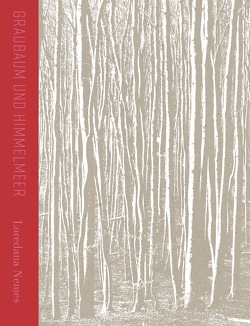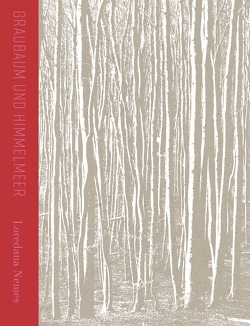Ute und Werner Mahler, Kleinstadt
Ute und Werner Mahler
(Please scroll down for english version )
Kleinstadt – ein leerer Platz, kaum ein Mensch, wenn, dann Alte oder Jugendliche, keine Sehenswürdigkeit, leere Innenstadtgeschäfte, langsamer Verfall, im günstigen Fall der Charme des Morbiden – man kommt hier nur zufällig vorbei und fragt sich: Wer ist hier, wenn ich nicht da bin und warum? Die bis heute gültige Definition der Kleinstadt des Kaiserlichen Statistischen Amtes (!) von 1887 nennt 5.000 bis 20.000 Einwohner als ihr demografisches Merkmal. Nach den Monalisen der Vorstädte (bis 2011), Wo die Welt zu Ende war (bis 2012) und seltsame Tage (bis 2014) wählten sich Ute und Werner Mahler die Erkundung der Kleinstadt als viertes gemeinsames Projekt. Seit 2015 bereisen sie Deutschland mit kleinem Wagen und großer Kamera und einem Vorrat an SW-Planfilmen, auf der Suche nach Bildern, die die Stimmung, das Lebensgefühl, den Geist dieser Orte dokumentieren.
Ihre lakonisch präzisen Bilder fixieren die Zeit und den Ort. Sie erfassen die Idee einer Kleinstadt, die sich aus den Bildern vieler Kleinstädte zusammensetzt, von Bad Gandersheim über Lebach bis Zörbig. Die Zukunft der kleinen Städte entscheidet sich in den nächsten Jahren. Die Zukunft sind die Jungen, wenn sie gehen, stirbt die Kleinstadt.
An empty square in a small town: almost devoid of people, and those who are there are either very old or very young. There are no sights to see, only empty storefronts, slow decay, and—if you’re lucky—a touch of morbid charm. It is the kind of place that you only come to by chance, and you are compelled to ask yourself: Who is here when I am not here—and why?
According to the definition of the Imperial Office of Statistics in 1887, which is valid in Germany to this day, a small town (Kleinstadt in German) has between five and twenty thousand inhabitants. Ute and Werner Mahler chose to investigate the demographic phenomenon of small towns in their fourth collaboration following Monalisen der Vorstädte (Mona Lisas of the Suburbs), completed in 2011; Wo die Welt zu Ende war (Where the World Ended), completed in 2012; and seltsame Tage (Strange Days), completed in 2014. Starting in 2012 they traveled around Germany in a small car with a large camera and a supply of black-and-white sheet film in search of images that document the atmosphere, attitude, and spirit of these places.
Their concise images freeze time and place, capturing the idea of a small town in a kaleidoscope of images from many small cities, ranging from Bad Gandersheim to Lebach and Zörbig. The future of such small towns will be decided in the next few years. Young people are the future; if they leave, small towns will die.





















